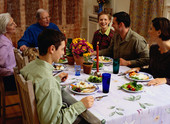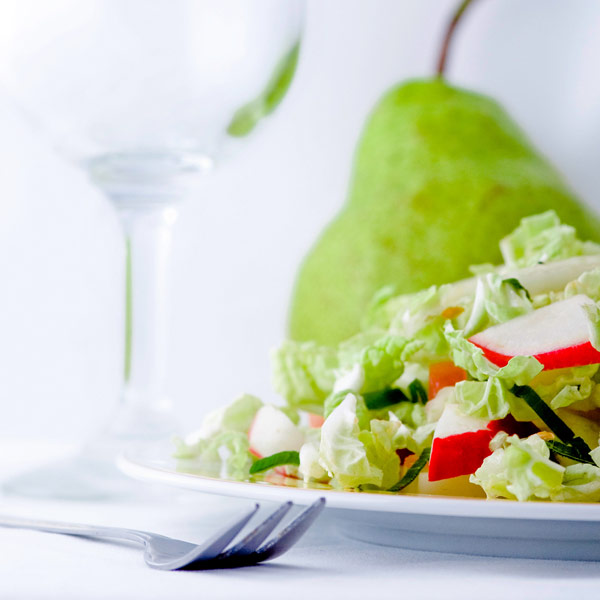
TUESDAY, Dec. 25 (HealthDay News) — Holiday eating and drinking could pose a risk for people who do not know that they have type 2 diabetes, an expert says.
“As tempting and tasty as it might be, eating high-fat foods with excess calories, carbohydrates and salt will put people who don’t know they have the disease at great risk,” Dr. Dale Hamilton, an endocrinologist and diabetes specialist with the Methodist Hospital in Houston, said in a hospital news release.
“The most common cause of death from type 2 diabetes is heart disease and stroke,” he noted.
People with type 2 diabetes, by far the most common form of diabetes, have trouble making insulin, which the body needs to convert food to energy. Close to 26 million people in the United States have diabetes, and 7 million of them don’t know it, according to the U.S. Centers for Disease Control and Prevention.
Symptoms of type 2 diabetes include thirst, frequent urination (especially at night), fatigue, blurred vision, unintended weight loss and a high blood sugar level.
Because of the related health risks associated with diabetes, Hamilton recommends finding out if you have diabetes. Older age, obesity, family history of diabetes and a sedentary lifestyle increase your risk.
“The high blood sugar weakens the immune system so a person might catch a cold that they cannot shake or develop an infection that doesn’t heal,” Hamilton explained. “I recommend checking your blood sugar frequently with a device that can be purchased at your local pharmacy. If you are between 126 and 200 mg/dL, you are at risk for type 2 diabetes.”
He said it’s a good idea to limit high-carbohydrate foods, such as white bread, white rice, potatoes, and pasta, as well as cured meats such as ham and smoked turkey, which contain high levels of salt. When mixed with other rich foods, these items can place a strain on the heart and raise blood pressure, which can lead to chest pain, shortness of breath and heart failure.
“If you know you are going to eat one big meal with your family or friends, reducing the number of calories the meals before and after will help,” Hamilton said. “Being aware of what you are eating will not only give you a chance at a happy holiday season, but a happy 2013 and beyond.”
More information
The U.S. National Institute of Diabetes and Digestive and Kidney Diseases has more about type 2 diabetes.

